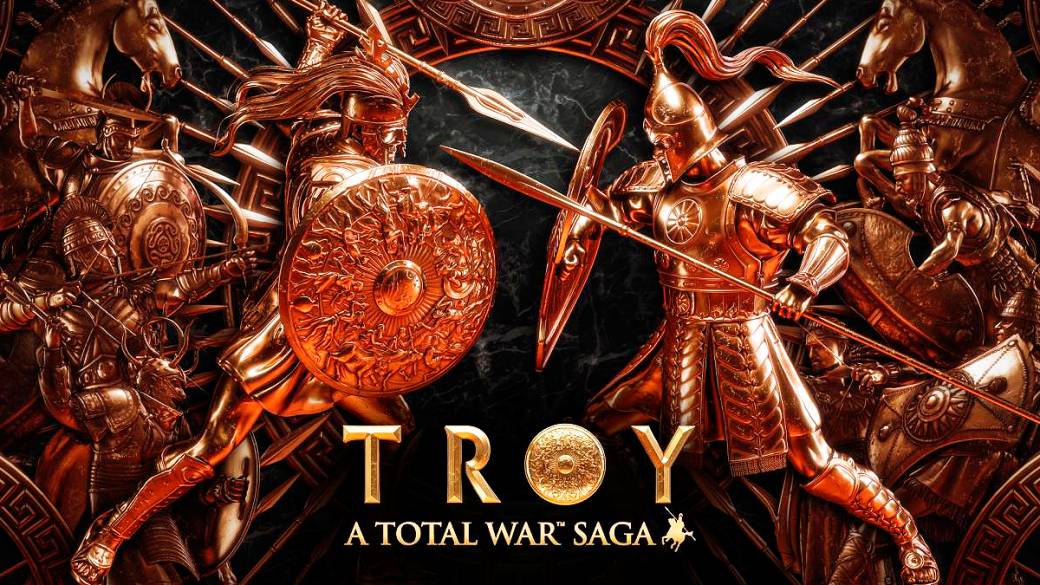
The Iliad makes the leap to the video game in a new installment of the famous Total War saga. Because Andromache must feel our passion not only in bed, but also on the battlefield.
The Total War saga is beginning to be worth studying. Years go by, games go by, and they are all just as fun and entertaining as the first one out. They may not innovate practically anything, as happens in this A Total War Saga: Troy, but they know their virtues and defects so well that they do not need to go up to the top floor of the building, but to clean up very well where they live in that building. moment.
Because this Total War Troy takes the playable premises of what was previously seen in the franchise, especially what was done with Britannia and the more than excellent Total War Three Kingdoms, and takes it to its terrain, that located between myth and history and how much game – never better said – can give on the battlefield. And now, in addition, with 7.4 million players from day one. Aquiles and Héctor smacking each other. Wonderful.
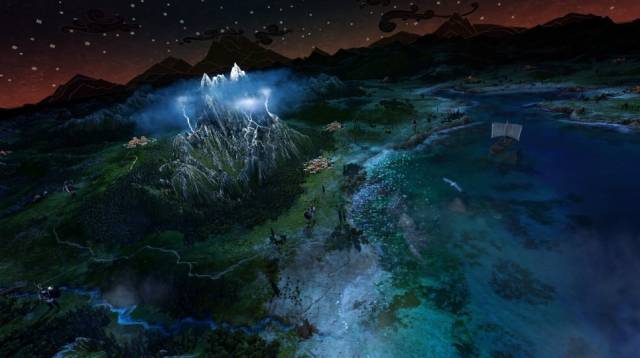
Troy burns
When Creative Assembly set out a few years ago to create small iterations of the Total War franchise, those of us studio lovers raised an eyebrow: did this mean a drop in quality in their next works? Was it a way to exploit the chicken of the golden eggs? Behind the official statement was the intention to address historical periods that could be less deep than the best known, but which, it was thought, could have a hole within the saga.
That was how Total War Britannia arrived … and the doubts were cleared. Britannia took almost everything from its predecessor and brought it into that historical context with a few small implementations. And then Three Kingdoms landed and it did introduce significant news – beyond history – to make the considerable leap. Climb that rung where Total War Troy now sits.
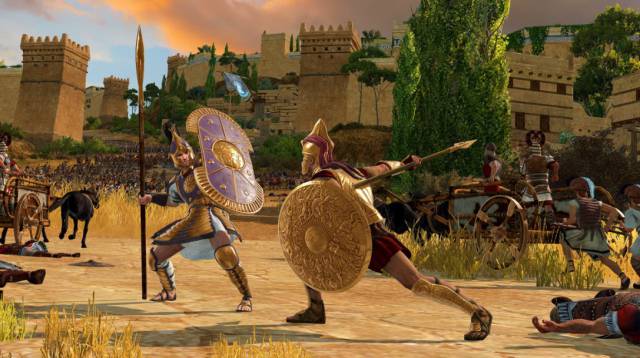
Taking advantage of the Iliad to make a video game means entering a messy terrain where reality and myth embrace, two kisses and a “he was done by a magician” is outlined in which anything goes. And in Total War this symbiosis of reality and mythology is collected in great detail, because you can control a minotaur on the battlefield as well as the best of the Achaean slingers.
The game starts from the premise of enjoying several campaigns controlling the main protagonists of Homer’s work. Each hero is assigned a level of difficulty, from easy to difficult, somewhat paralleling how each was situated in the poem’s contest.
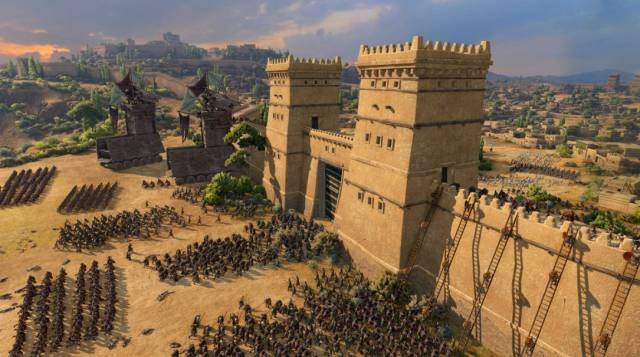
From here, Total War Troy builds on the basic points of every game in the saga: we have a social strategic section and a military one. In the strategic we have to improve our cities and settlements, create troops and carry out good economic management of the areas we control, both on a social and diplomatic level. Should the latter fail, then we are going to war and entering the field of battle.
We have always been fascinated by the progress in the diplomatic section that the Total War saga has suffered. However, with Troy we have had that feeling that the game is taking you into battle, as if establishing such peaceful relationships were practically impossible. Perhaps due to the “shorter” duration of the campaigns and the mapping, what is sought is precisely that, that is, the player going to the fight and deploying his troops.
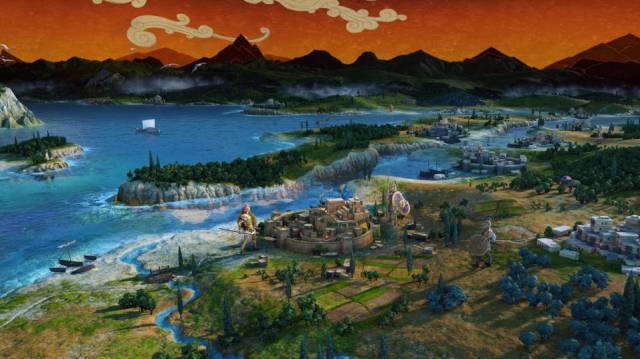
Don’t let this be misunderstood, careful. The game still relies on her strategic vision through spies, priestesses and the classic tree of edicts to improve population points, but sometimes it gives the feeling that this has been relegated to a more secondary plane than what was seen, for example, in Britannia, where relations between the crown were more important (and we have chosen Britannia because of that spin-off character that it has, as it happens with Troy).
Perhaps something else is dispensed with, but in return it gives us battles with a more diverse component. At the arrival of the Heroes as in previous installments (already in China they bet on them more than ever), now mythological elements are added and even the help of the Hellenic gods. This may sulk the most purist fan of the saga who seeks verisimilitude, but we are talking about myth and reality, so that fuzzy line also crosses in the video game. For us, a success.
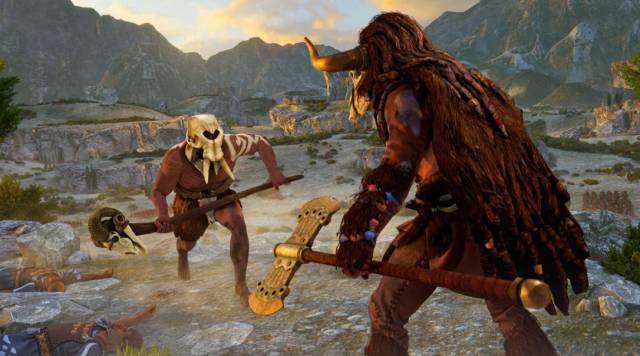
Failure? Well, they have left us without naval battles. Taking into account the historical section in which this installment is located, seeing Hector and Achilles inside a ship giving orders would not have been bad. Being included in the branch of A Total War Saga has caused this cut in the resources allocated to the game, and with it it has also led to naval battles.
Needless to say, the title works masterfully again even on resource-poor devices. The game has been tested on two computers: one wearing a GTX 780 and the other with a 1050, both with 16 GB of RAM (from different generations) and an i7 (from different ones too). In both it has been possible to play without problems, throwing almost everything in “High” in the most powerful team. Once again, Creative Assembly shows that at the optimization level it is still king, even if the title is developed by its subsidiary in Sofia.
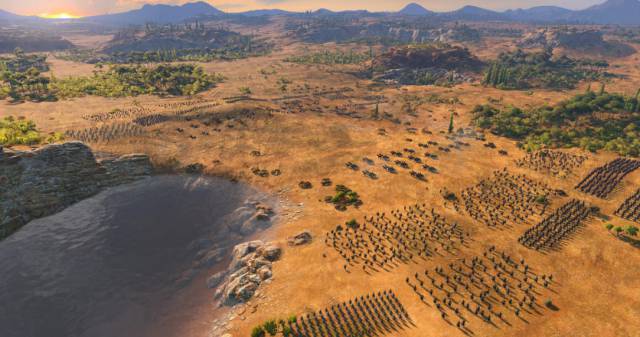
CONCLUSION
A Total War Saga: Troy meets, amuses and will keep us glued to the PC again for dozens of hours. We said it before: it does not innovate practically anything, but it does not need it either. A good new iteration where the only negative note is the absence of naval battles and that certain conservatism that some may attribute to the A Total War Saga model.
THE BEST
- It’s still Total War.
- The introduction of mythology suits him well.
- Good and competent performance.
WORST
- Absence of naval battles.
- He relies too much on fighting and forgets diplomacy at times.
- The conservatism of this A Total War Saga, where perhaps more could be experienced.
Okay
It meets the expectations of what a good game is, has quality and does not have serious flaws, although it is missing elements that could have taken it to higher heights.
